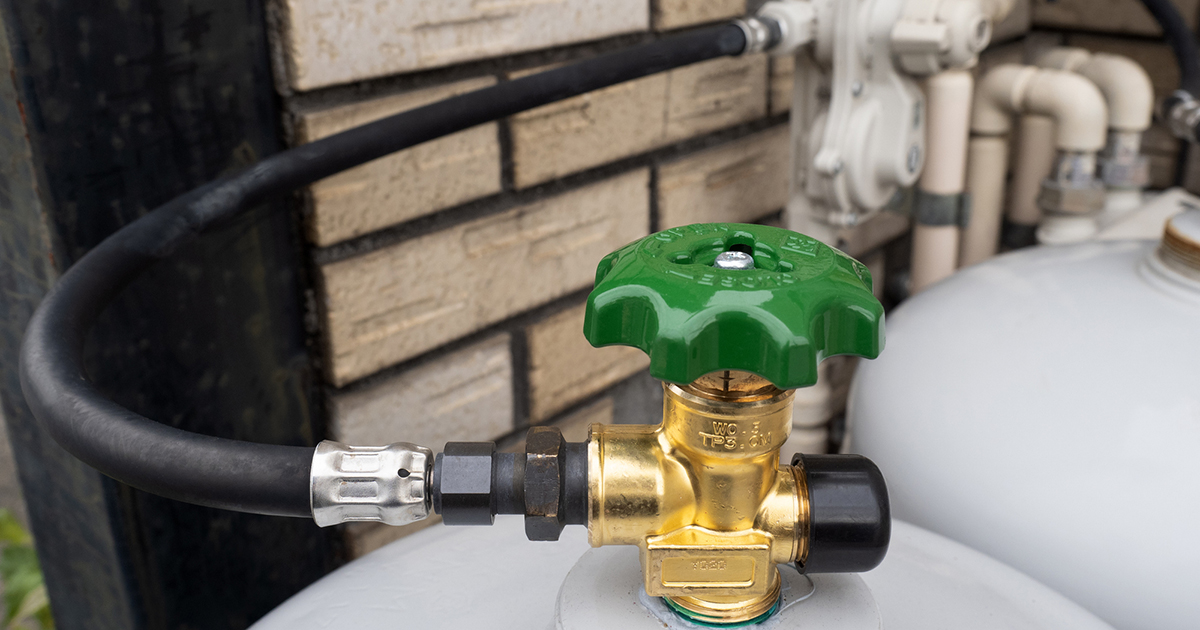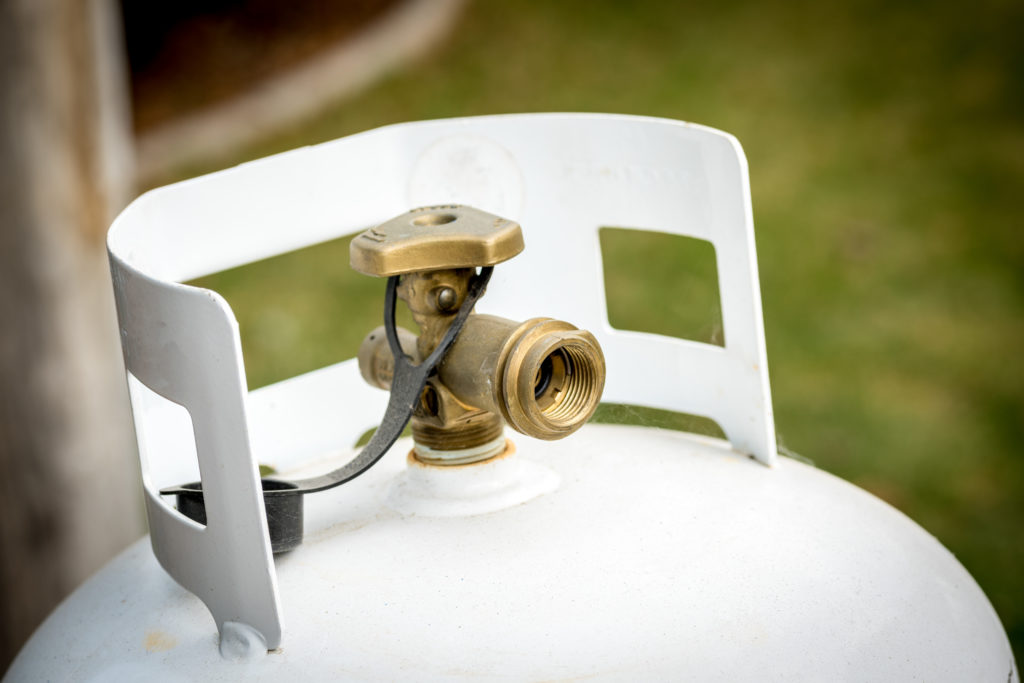Can You Use a Propane Heater Indoors?

Key Takeaways
- Only use indoor-rated propane heaters inside your home. Outdoor models release carbon monoxide and are unsafe in enclosed spaces.
- Always ensure proper ventilation and install carbon monoxide detectors. Safety devices and airflow are essential when using propane indoors.
- Schedule regular inspections and maintenance. Professional service from a trusted HVAC company like T.H. Malloy & Sons, Inc. keeps your heating system safe, efficient, and reliable all season long.

When temperatures drop, many homeowners look for fast, efficient ways to stay warm. Propane heaters are a popular option — they’re portable, powerful, and fuel-efficient. But one question always comes up: can you safely use a propane heater indoors?
The short answer is yes, but only if it’s designed for indoor use. Here’s what you need to know before firing up that heater in your home or workspace.
Understanding Propane Heaters
Propane heaters work by burning propane gas to produce heat. They come in two main categories:
- Indoor-Safe Propane Heaters – These are built with safety features such as low-oxygen sensors, automatic shut-off valves, and sealed combustion systems. They’re designed to be used inside homes, garages, or workshops.
- Outdoor Propane Heaters – These models are made for patios, construction sites, or open-air environments. They release carbon monoxide and should never be used in enclosed spaces.
Knowing the difference between these two types is essential for keeping your household safe.
The Dangers of Using Outdoor Heaters Indoors
Using an outdoor propane heater inside can lead to serious safety risks, including:
- Carbon Monoxide Poisoning: Propane burns cleanly, but without proper ventilation, carbon monoxide can accumulate quickly.
- Oxygen Depletion: Heaters consume oxygen as they run, which can cause suffocation in enclosed spaces.
- Fire Hazards: Flammable materials too close to the unit may ignite, especially in small or cluttered rooms.
If you’re unsure about your heater’s type, check the manufacturer’s label. If it doesn’t explicitly say “Indoor-Safe,” it’s best to use it outside only.
Tips for Using a Propane Heater Safely Indoors
If you plan to use an indoor-rated propane heater, follow these important safety steps:
- Ensure Proper Ventilation: Crack a window or keep a door slightly open to allow fresh air circulation.
- Install Carbon Monoxide Detectors: These are essential for every home that uses fuel-burning appliances.
- Keep It Clear: Maintain at least three feet of space around the heater, away from curtains, furniture, and bedding.
- Never Leave It Unattended: Turn off the heater when leaving a room or going to sleep.
- Inspect Regularly: Check for gas leaks, damaged hoses, or irregular flames before each use.
Related blog: How Often Should You Check Smoke and CO Detectors?
When to Call a Heating Professional
If you rely on propane for home heating, it’s smart to have your system inspected annually by a licensed HVAC technician. At T.H. Malloy & Sons, Inc., our expert heating contractors can:
- Perform propane safety inspections
- Service and maintain indoor propane heaters
- Check your ventilation systems and carbon monoxide safety
- Refill or deliver heating oil and alternative fuels
Keeping your equipment in top condition ensures efficiency, comfort, and peace of mind all winter long.
Contact T.H. Malloy & Sons, Inc for Reliable Heating Solutions in Rhode Island
At T.H. Malloy & Sons, Inc., we’re more than just a heating oil supplier — we’re your year-round comfort partner. From clean, efficient propane and heating oil delivery to complete HVAC service and repair, our local team keeps Rhode Island homes and businesses warm, safe, and energy-efficient.
If you have questions about using propane heaters or need expert help with your heating system, contact us today!
Frequently Asked Questions
1. Can propane heaters be used safely indoors?
Yes — but only models specifically designed for indoor use. These heaters include built-in safety features like oxygen depletion sensors and automatic shut-off valves. Always follow the manufacturer’s instructions and keep your space ventilated to prevent carbon monoxide buildup.
2. How can I tell if my propane heater is safe for indoor use?
Check the product label or manual. If it says “Indoor-Safe” or mentions features such as “Oxygen Depletion Sensor (ODS)” or “Low-Oxygen Shut-Off,” it’s suitable for enclosed spaces. If it’s labeled for outdoor or construction use, it should never be operated inside your home or garage.
3. What are the dangers of using an outdoor propane heater indoors?
Using an outdoor heater indoors can lead to carbon monoxide poisoning, oxygen depletion, and even fires. Outdoor heaters are not designed for enclosed areas and can quickly produce harmful gases that have no smell or color — making them extremely dangerous without proper ventilation.
4. How can T.H. Malloy & Sons, Inc. help with propane heating safety?
Our licensed HVAC technicians provide professional inspections, maintenance, and safety checks for propane and heating oil systems. We ensure your equipment is working efficiently and safely, offer reliable fuel delivery, and can recommend the best heating solutions for your home or business.
Stay Informed with Our Newsletter
Sign up to receive our latest updates

Insights for Your Home Comfort
Stay informed and ahead of the weather with our expert insights. Visit our blog for the latest updates and tips to maximize your home comfort.
